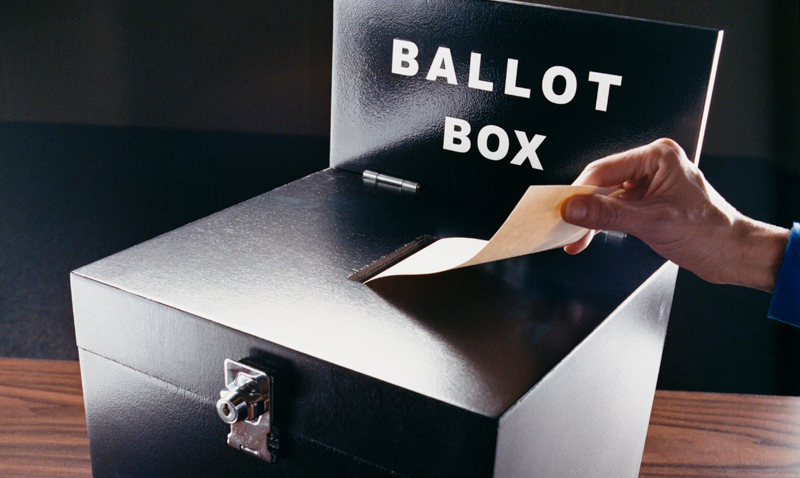
What an election year.
“The fate of the nation and of civilization is at stake,” according to the New York Times.
There’s been a surge of white nationalism. The president, stoking an ongoing bitter feud with Congress and saddled with approval ratings below 40%, keeps accusing the media of fake news. The Middle East is torn by war and acts of terror. Civil rights issues remain front and center. The threat of Russian meddling is so concerning that one candidate has declared, “The Kremlin will try to influence the rest of the election by every means conceivable.”
We’re talking, of course, about the election of 1948.
We may feel certain that our trip to the polls five weeks from today will define the soul of America. But as historian A.J. Baime points out in his book Dewey Defeats Truman, those were the very words used by Republicans and Democrats 72 years ago to stoke fear and frenzy in the minds of voters.
Harry S Truman was the sitting president, having moved into the White House following the death of Franklin D. Roosevelt three years earlier. New York governor Thomas Dewey, who had almost defeated FDR in 1944, was his Republican challenger.
Truman’s presidency was widely regarded as a disaster. Dewey’s victory, as the Las Vegas betting community might put it, was a stone-cold lead pipe lock. A month before election day, 50 national political writers were asked to predict the outcome. All 50 chose Dewey.
Baime recounts Truman’s astonishing triumph, chiefly remembered by one of history’s most famous premature headlines: The Chicago Tribune’s “Dewey Defeats Truman.”
But the most eye-opening impression from the book is that yesterday is today, and today is yesterday. 2020 isn’t the first year that America has experienced a pulse-pounding election.
We may think our nation has never been in such a sorry state when it comes to incivility, divisiveness, and the crass politicizing of every current event. But that’s only because we’re overlooking the no-holds-barred, bitterly contested campaigns of 1800, 1824, 1876, 1960, and 2000.
Every four years we’re breathlessly assured, “This is the most important election in history.” But it’s hard to disagree with Brian Roberts, who wrote in Relevant magazine, “Every generation thinks it’s living in the most important moment in history. We’re not, our parents were not, and our children probably won’t be. And that’s OK.”
It’s also a safe bet that no matter who is elected on November 3, we’re not headed for either the Apocalypse or the Millennium.
In recent decades the party occupying the White House has depicted its service to America in messianic terms. The party that’s been out of power at the same time has typically suggested that the first party’s continuance in office would mean nothing less than the end of the world. Political ads swing wildly from glowing promises to threats of democracy’s collapse.
The Bible makes it clear that the Millennium and the Apocalypse aren’t mere metaphors. They are spiritual realities. But they won’t be hastened or thwarted based on voter turnout in Wisconsin.
Is there anything we can know for sure?
We can know that if we’re motivated by fear, we’re on the wrong road.
People who rail relentlessly about politics don’t love their country more than the people they’re screaming at. Fear – whether terror of a Wall Street crisis, or Social Security cuts, or a never-ending pandemic – may indeed motivate a slice of the electorate for short periods of time. But fear, in the end, is poisonous to our souls. We’re not called to anxiety as a way of life, but to trust.
Which leads us to a second assurance: “God reigns over the nations. He is seated on his holy throne.” (Psalm 47:8)
God hasn’t resigned his position as director of the cosmos. And he isn’t going to be unseated by the electoral college.
Our privilege is to be part of the drama on the first Tuesday of November. We each get to play a role.
Best of all, we can know this:
Before, during, and after that day’s events, God will still be God.
